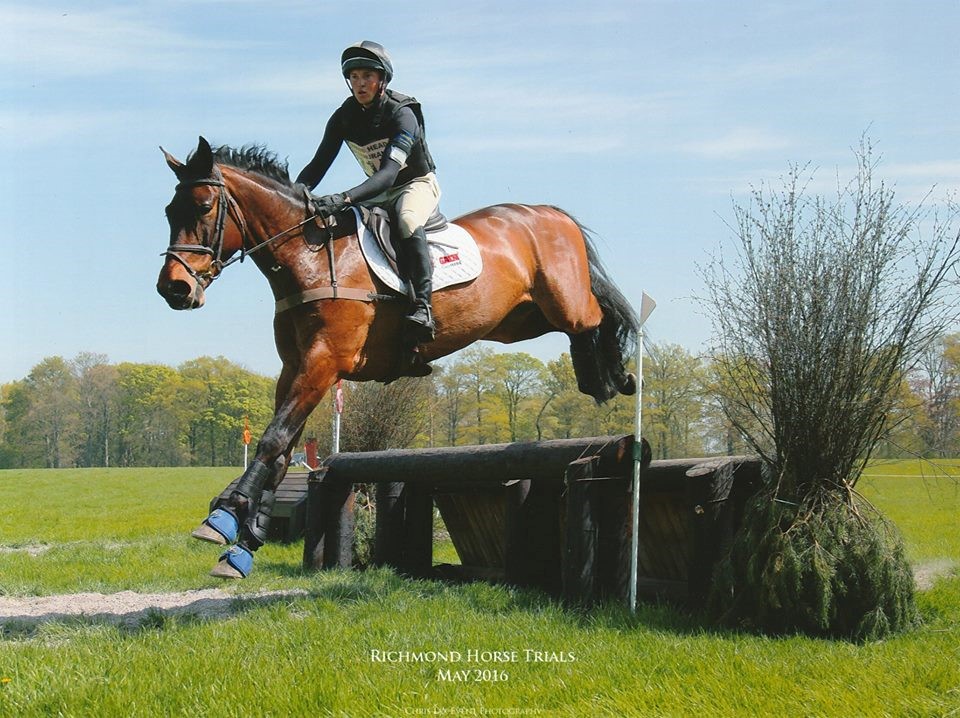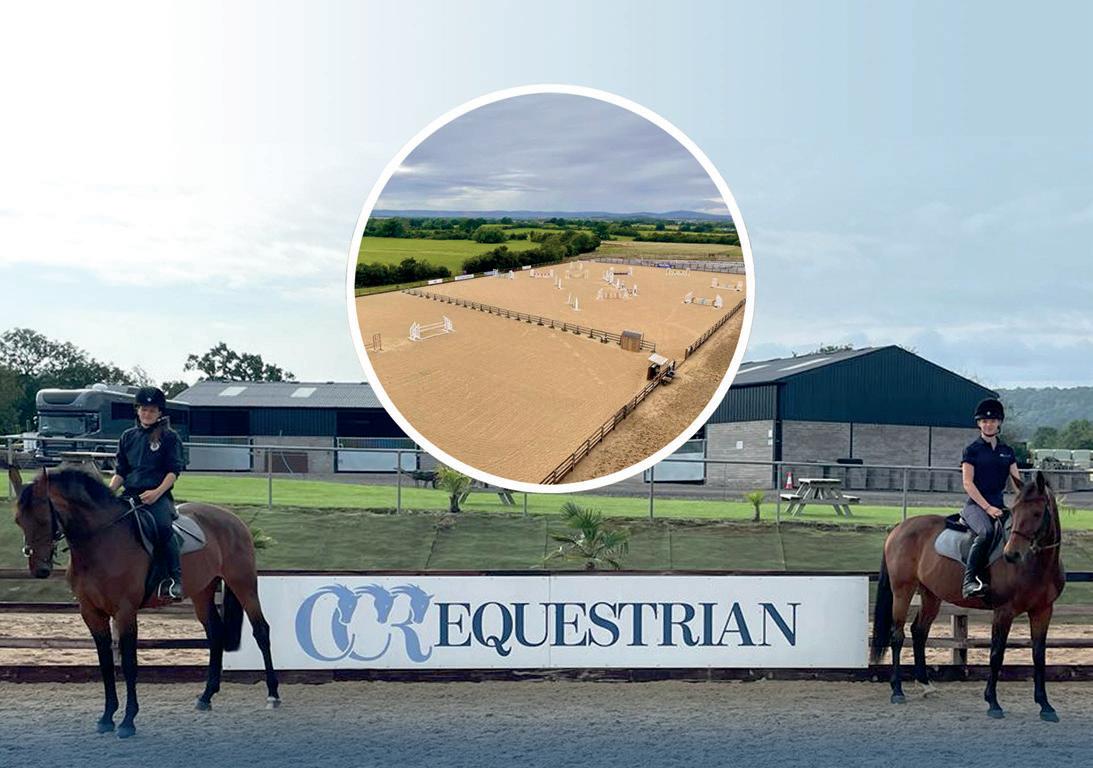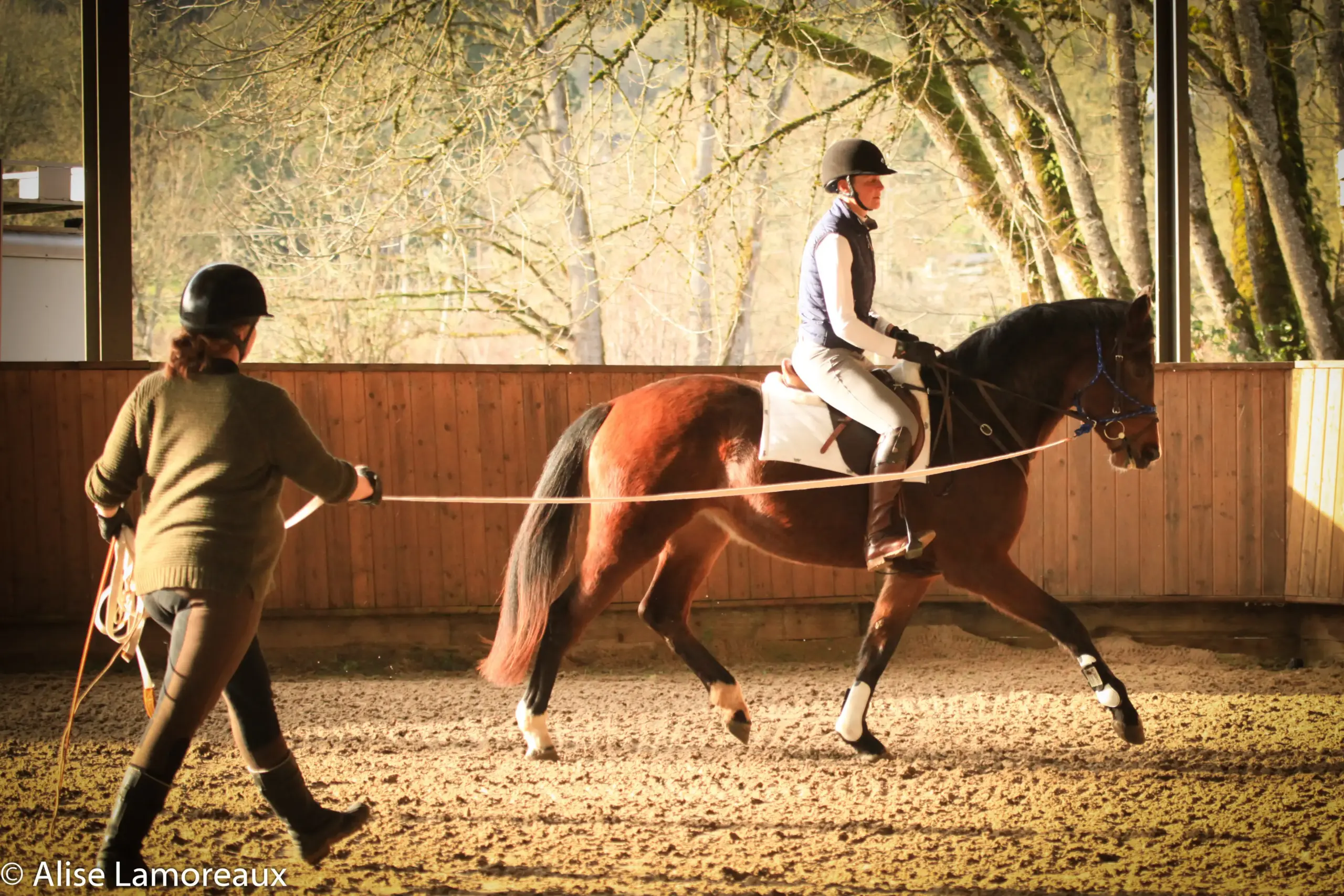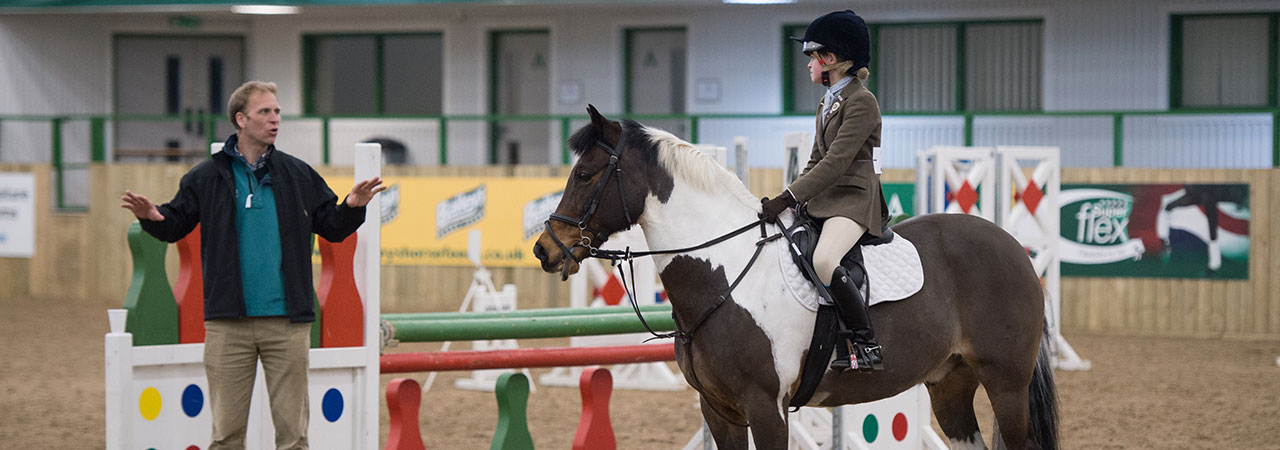Eventing Horse Selection: The Perfect All-Around Athlete

Selecting the ideal horse for eventing is a nuanced process that requires understanding the unique demands of this multifaceted equestrian sport. Eventing combines dressage, cross-country, and show jumping, so the perfect horse must excel across all three disciplines, making it a true all-around athlete.
Key Traits of an Eventing Horse

| Trait | Description |
|---|---|
| Athleticism | The horse must possess strength, agility, and endurance to handle the physical demands. |
| Temperament | A calm yet responsive nature is essential for training and competition under pressure. |
| Conformation | Proper body structure supports soundness and performance across varied terrains and jumps. |
| Trainability | Willingness to learn and adapt is crucial for mastering diverse skills in eventing. |
| Stamina | High energy levels and recovery ability are vital for the endurance phases. |
Physical Characteristics to Consider

- Height and Build: Typically, eventing horses range from 15.2 to 17 hands, balancing power and agility.
- Legs and Hooves: Strong, clean legs with good bone density and healthy hooves reduce injury risk.
- Movement: Fluid, balanced gaits aid in dressage and efficient jumping.
Selecting by Discipline Strengths
While the horse must be versatile, some riders prioritize strengths based on their own skills or competition level:
- Dressage: Precision, rhythm, and obedience.
- Cross-Country: Boldness, speed, and stamina.
- Show Jumping: Agility, scope, and carefulness.
Training and Development
Even the best-bred horse requires consistent, tailored training to develop into a top eventer. This includes:
- Progressive conditioning programs.
- Exposure to varied terrains and obstacles.
- Mental conditioning to handle competition stress.
Frequently Asked Questions (FAQ)
Q1: What breeds make the best eventing horses?
A1: Popular breeds include Thoroughbreds, Warmbloods, and Irish Sport Horses, known for their athleticism and versatility.
Q2: How important is the horse’s age?
A2: Ideal eventing horses are usually between 6 and 15 years old, balancing maturity and peak physical condition.
Q3: Can a horse excel if it’s stronger in one discipline?
A3: Yes, but balanced training is essential to ensure competence across all phases.
Q4: What role does rider experience play in horse selection?
A4: Experienced riders may handle more spirited horses, while beginners benefit from calmer, more forgiving mounts.
Choosing the perfect eventing horse is about finding a harmonious blend of physical ability, mental toughness, and willingness to perform. With the right selection and training, you can develop a partner capable of excelling in this demanding sport.
